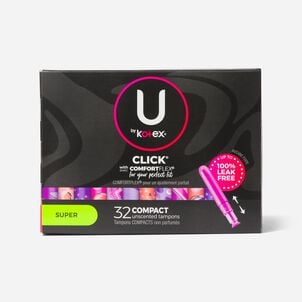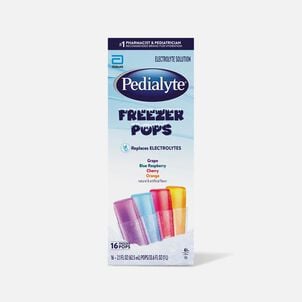Medical expenses can pop up at any time, and if you have an HSA, you probably want to use those tax-free dollars to cover the cost of any eligible items.
But sometimes, you might not have enough money in your account to cover the cost and might find yourself wondering if there's any way to borrow from the account before you make your contributions.

So, can your HSA funds be used before they're actually in your account?
The short answer is "no." You can't borrow funds in advance from your HSA, even if you incur a qualified medical expense. But that doesn't mean you won't be able to use your funds to reimburse yourself for the expense later on.
With HSAs, you (or your employer or any other generous person you know) contribute money to the account throughout the year, and get to choose the amount you contribute along with how frequently you make those contributions. But you can't use them until they're in the account. Once they're there, they stay there until you invest or spend them on qualified medical expenses.
Though these accounts are often confused with FSAs, your HSA doesn't have a "use-it-or-lose-it" policy -- a big point of confusion for some FSA holders -- and the funds remain in your account even if you switch jobs or become unemployed. And since you never lose them, you can always use them.
And there's absolutely no time constraints on when you can reimburse yourself for a medical expense incurred after the account is opened. As long as you're able to prove it was an eligible expense, you can reimburse yourself years later - that's why it's always a good idea to keep those receipts.
So for example, let's say you open your account in March and contribute $50 every month. But then the unexpected happens and you incur an expense for $150 while you only have the $100 in your account.
So, you can't borrow the extra $50 from a future contribution, but you can pay the $150 expense out-of-pocket, keep the receipt, and reimburse yourself tax-free once you have enough money in your account (you could also pay a portion and submit the rest for reimbursement later, or wait to pay the bill until you have enough money, if the provider will allow).
Using this approach, you can let the account grow while paying for medical expenses out of pocket choosing to reimburse yourself months, or even years later. As long as you keep the right documentation (read: save those receipts), you'll always be able to benefit from the same tax savings that you would if you used your HSA to pay for the medical expense.
What about an FSA?
If you're on the fence about the type of account you should sign up for, and like the idea of having available funds right at the start of your plan year, consider a plan that allows for a flexible spending account (FSA). With an FSA, things are a little different. Instead of contributing to the account on a regular basis, the full amount of your FSA is immediately available from the first day your plan is active.
Unlike an HSA, you won't be able to roll those funds over to the next calendar year or keep them if you leave your job (with limited exceptions). You have a limited amount of time to use these funds - if you have anything left over at the end of the year and after your deadlines are exhausted, all or a portion of the money will go back to your employer.
And when it comes to billing for past expenses, you're limited to using the current year's funds to expenses that were incurred in the plan year (or within your deadline extension, if provided). You won't be able to reimburse yourself for expenses you incurred in previous plan years, with the exception of during the grace period or run out period, even if you had an FSA.
 |
| 

.png)
















